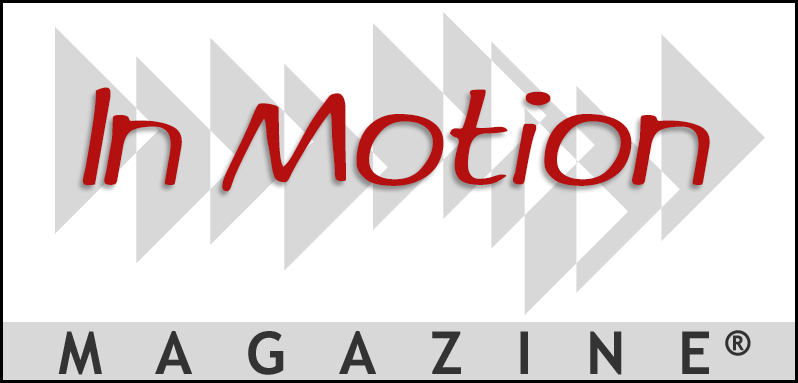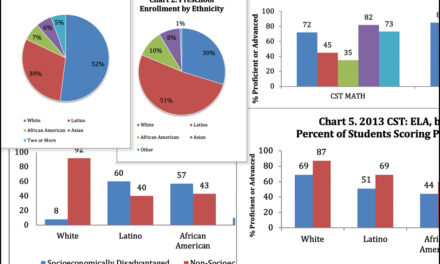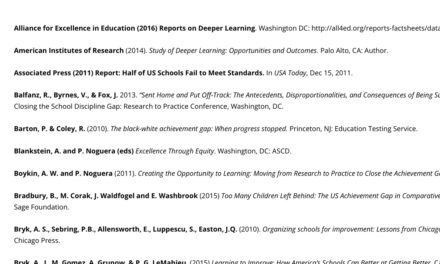EDUCATION RIGHTS
Let’s Carefully Think About How We Use AI in Education
December 2, 2024.
Previously published in EdSource.
Pedro A. Noguera, PhD
Dean, Rossier School of Education Distinguished Professor of Education University of Southern California
Could you navigate the roads without GPS? What about writing an essay error-free? Could you complete that task without spell check? Although many media reports describe artificial intelligence (AI) as a new innovation, it has been around for decades. GPS and spell check are just two examples of how AI is an integral part of the technologies we use on a daily basis.
However, the introduction of ChatGPT shook the world. Possibilities for using generative AI to create content and deliver innovations in many fields and aspects of modern life are being developed and introduced quickly, and they are dramatically changing the way we use information. This is especially true in education.
Students are using AI to complete assignments, teachers are using it to develop lesson plans, and schools are using it to provide individualized support to children. However, there is a lack of clear guidance on the use of AI, which could create new challenges far beyond concerns about cheating, plagiarism and data privacy.
One concern is what we refer to as digital amnesia. People tend to forget information that is easily obtained through search engines. Typically, people search for the same word, concept or fact several times, because for many, the brain does not register the information. This dilemma is known as the “Google effect,” and research shows that this often has a negative impact on one’s ability to retain critical information.
AI could amplify the amnesia of knowledge and skills on a new level. When an artificial intelligence tool is used to complete homework, the knowledge and skills that would have been developed by completing those activities are no longer acquired. Similarly, when AI is used to make problem-solving decisions, the development of critical cognitive skills and intellectual creativity may be put at risk.
The availability of a wide range of AI tools is also raising fundamental questions about what should be taught and emphasized in schools. When calculators were adopted, certain tasks, such as the multiplication and division of large numbers, could be completed efficiently to save time for developing other skills. However, it is still important for students to learn essential arithmetic skills because we know it is foundational to learning more complex math.
For this reason, policymakers and educators must know how the use of AI will affect long-term learning outcomes before it is utilized in the classroom. Without carefully thinking through the consequences of using AI in ways that short-circuit learning, it could produce adverse educational effects that we are presently unable to envision, and it could exacerbate existing inequities.
Responsible integration of AI requires creating opportunities for users to actively engage in learning activities. AI tools can be used to promote creative thinking and problem-solving skills, giving users learning opportunities that deepen engagement and empower them.
We recently documented the possibility of using AI in this way. Through an AI-supported professional development program, we asked math teachers to complete an activity related to their daily teaching tasks and then used an AI tool to analyze their work. The tool identified areas where teachers needed additional support and provided them with activities to acquire the skills needed by asking targeted questions. Teachers learned by doing rather than by simply using AI to show them how to do it. This approach not only improved teachers’ knowledge and skills, it also improved their students’ performance.
This research showed that AI can be used as a teacher’s aide. It can analyze students’ work and identify which students need additional help. It can also suggest evidence-based strategies teachers can use to modify subsequent instruction to meet students’ needs.
As AI tools become more widely available, it is essential that state and district leaders pay close attention to what vendors are selling. Will new AI tools enhance and empower teachers and learners, or will they contribute to passivity? To answer this important question, teachers must be given an opportunity to investigate how these tools will be used to support students before decisions are made.
The second major concern is that teachers and students may begin to over rely on the information provided by AI. Generative AI is based on the data it is trained to assimilate and distill. As we now know, AI makes mistakes that only a well-trained user can identify. The rubrics and data used in AI tools to grade student work, provide guidance on how to address gaps in learning, or to improve student skills, may not be adequate. It could easily reproduce biases and inequities that exist in our schools and society.
To avoid these potential problems, content experts from diverse backgrounds must be involved in the development of AI tools in education. These tools must be vetted carefully by subject matter and pedagogical experts who can provide feedback before they are introduced into classrooms. No AI tool should be used unless protocols for data privacy are well documented and there is real evidence that it will improve teaching and learning.
We are not wary or opposed to using AI to enhance learning. In fact, we believe it has tremendous potential to support teachers and empower learners if used correctly. However, policymakers and educators must ask the right questions about its use and take precautionary steps to determine which tools will be helpful and which may harm teaching and learning.
•••
Yasemin Copur-Gencturk is an associate professor at the University of Southern California’s Rossier School of Education and a leading researcher on AI in education.
Pedro Noguera is dean of USC’s Rossier School of Education and a newly appointed member of the U.S. Department of Education’s committee on the use of AI in education.



